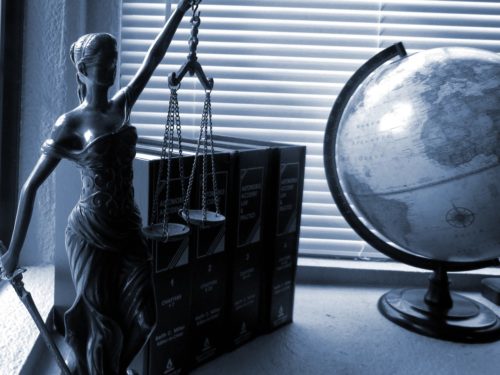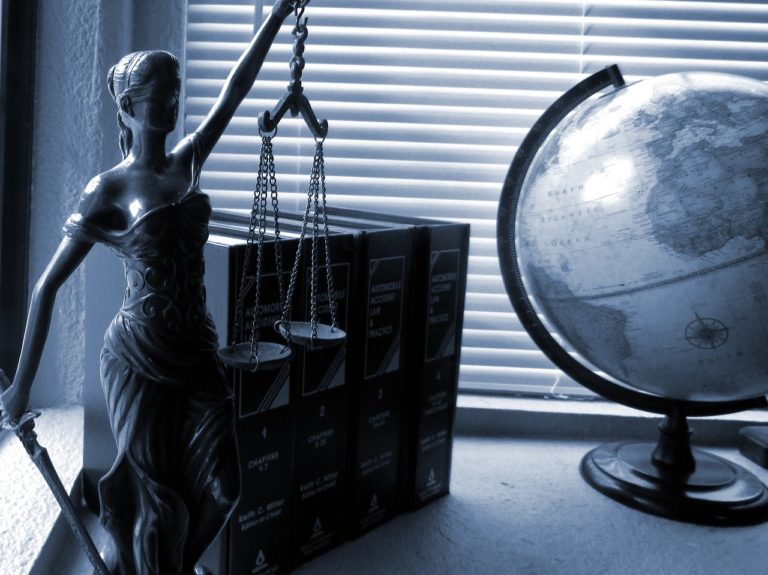

What Type of Legal Claim Can A Person Bring against Someone?


The most typical claim that is made in the context of a traumatic brain injury is a negligence claim, i.e. someone who suffers a brain injury caused by an automobile crash; a pedestrian injury; or as a result of a trip and fall or slip and fall because premises were defective, or there were dangerous conditions in the supermarket, or there was a tripping hazard on a sidewalk or in a parking lot.
Negligence claims involves the failure to act reasonably under the circumstances. In some cases, statutes or regulations establish what constitutes that which is reasonable. In other cases, a jury determines that which was reasonable under the circumstances – sometimes aided by an expert witness.
Under special circumstance, we can assert both a negligence and a recklessness claim. Recklessness can give rise to different types of punitive damages but in Connecticut, it is unusual that injury claims involve recklessness claims and punitive damages unless the injurious conduct is egregious or certain motor vehicle statutes are violated.
Who Might Be Held Liable in These Types of Cases?
The simple answer would be the negligent party, but to put it in categories, it could be a homeowner, a negligent driver, the employer of a negligent driver, the supermarket or the owner of the shopping center where the supermarket is located, the company that was supposed to clear the snow or ice, a commercial property owner, or a landlord or the owner of a store.
What Makes up a Solid Case to Move Forward with a Traumatic Brain Injury Case versus One That Might Not Be Successful?
In any type of personal injury case, there can be problems that need to be assessed in a fairly objective and competent way. So whenever a case is taken by the attorney, it is taken based on the assumption that the case could end up in court before a judge and jury and tried to verdict. When we take a case, we attempt to anticipate how the case will present when we reach trial. We closely examine issues that may present complications for purposes of liability, causation and damages, and those issues may include problems in the potential client’s background, including prior medical and psychological history; criminal background; substance abuse; inconsistent education; and employment records.
When a new client comes into the office, he or she is trying to decide whether to hire us, and we’re trying to decide if we want to take their case. We try to get to know the person, know what their life circumstances are, what their family situation is, what their employment is, and whether they have had prior injuries or prior claims involving a traumatic brain injury. We also want to know if the potential new client has had any pre-existing condition that has placed the person at greater risk for a worse outcome from a new head injury or might be responsible for part of the presentation of symptoms. For example, learning disabilities and pre-existing mental health disorders complicate distilling the cause of the new presentation. With learning disabilities, however, there are usually baseline cognitive test results that provide a source for comparison. With pre-existing mental health disorders, there is evidence to collect from mental healthcare providers. Furthermore, patients with a history of mental health issues do suffer brain injuries, and the peer reviewed literature clearly documents that pre-existing mental health issues are a risk factor for a worse outcome in terms of symptom burden and recovery than the patient population without pre-existing mental health issues.
Before taking a new case involving a suspected traumatic brain injury, our lawyers want to explore all aspects of a potential client’s life that could be “land mines” during the case. Not only do we want to know about prior head injuries and concussions, but we also want to know about the client’s complete medical, educational and employment histories. We also want to know about possible encounters with law enforcement – both convictions as well as arrests. And we want to know about histories that include substance use and abuse, as alcohol and drug abuse as well as tobacco use have been reported to cause forms of brain damage.
When we discover aspects of a potential new client’s past that might contribute to the symptom presentation, we don’t automatically decline the case. But we do begin an analysis of the scope of the complicating factors and carefully explain to potential clients the reasons for concern.
The fact that someone might have had a prior head injury doesn’t disqualify them from being represented; however, it does become necessary to search for documentation that will establish a baseline level of function pre-dating the most recent injury. In these circumstances, the best type of evidence can be a prior neuropsychological evaluation and base-line neurological assessment. Although establishing the baseline may be difficult, it is well known that the cumulative impact of two head injuries is often much worse than simply adding the effect of two separate head injuries. Put another way: 1 TBI + 1 TBI > 2 TBIs. It may equal three or four or five brain injuries because there is an exponential damaging effect, as is often seen in athletes, including professional football players. The last concussion may end up being the most severe or impacting in terms of activities of daily living.
In connection with establishing a client’s baseline level of function, we locate school records dating to elementary school, employment records, medical records, military records and records of any other performance. These records are passed onto any healthcare providers who will attempt to compare pre and post injury performance.
If you are suffering from a Traumatic Brain Injury and need information regarding Legal Claims That Can Be Made in These Cases, call Stewart Casper at the law office of Casper & de Toledo LLC in Stamford, CT for a free initial consultation at (203) 325-8600 and get the information and legal representation you’re seeking.

